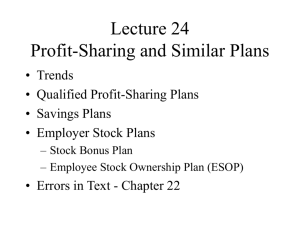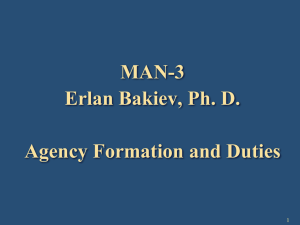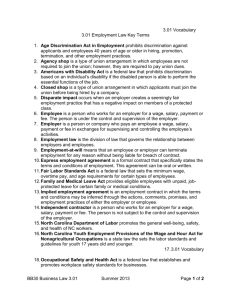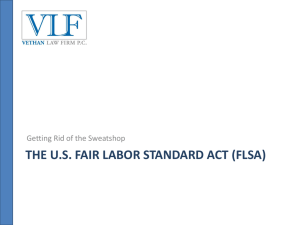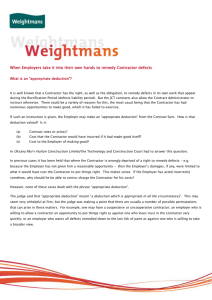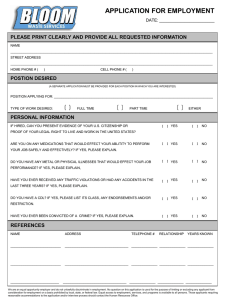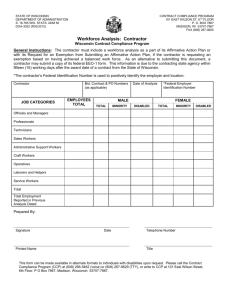Are Park Managers Employees Or Contractors?
advertisement
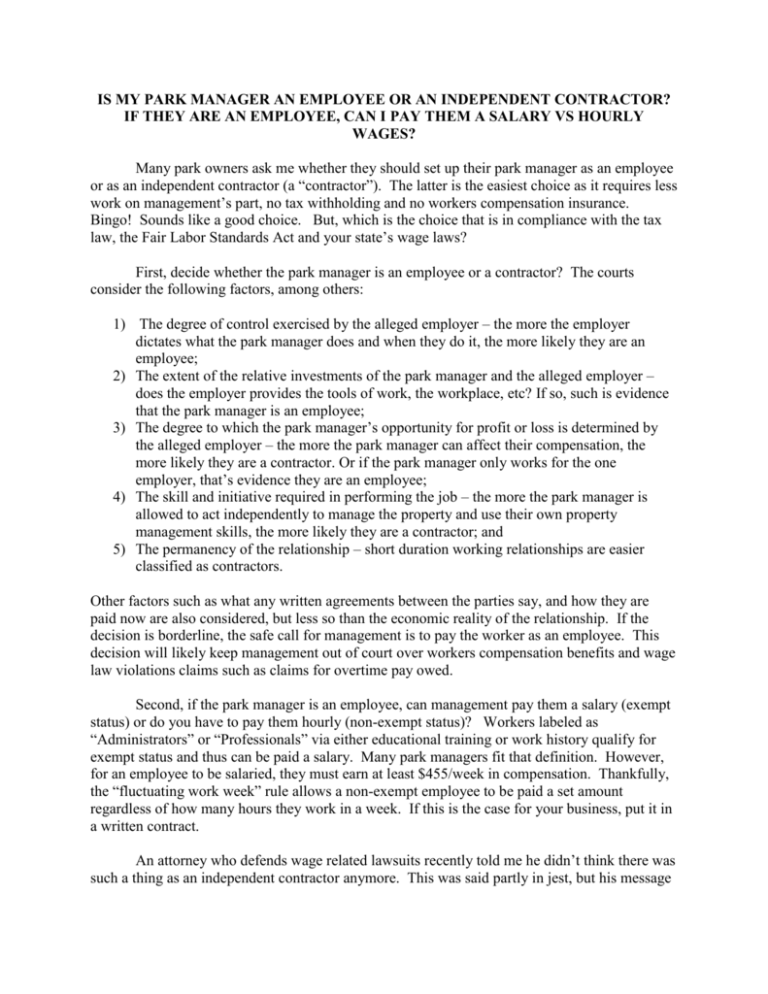
IS MY PARK MANAGER AN EMPLOYEE OR AN INDEPENDENT CONTRACTOR? IF THEY ARE AN EMPLOYEE, CAN I PAY THEM A SALARY VS HOURLY WAGES? Many park owners ask me whether they should set up their park manager as an employee or as an independent contractor (a “contractor”). The latter is the easiest choice as it requires less work on management’s part, no tax withholding and no workers compensation insurance. Bingo! Sounds like a good choice. But, which is the choice that is in compliance with the tax law, the Fair Labor Standards Act and your state’s wage laws? First, decide whether the park manager is an employee or a contractor? The courts consider the following factors, among others: 1) The degree of control exercised by the alleged employer – the more the employer dictates what the park manager does and when they do it, the more likely they are an employee; 2) The extent of the relative investments of the park manager and the alleged employer – does the employer provides the tools of work, the workplace, etc? If so, such is evidence that the park manager is an employee; 3) The degree to which the park manager’s opportunity for profit or loss is determined by the alleged employer – the more the park manager can affect their compensation, the more likely they are a contractor. Or if the park manager only works for the one employer, that’s evidence they are an employee; 4) The skill and initiative required in performing the job – the more the park manager is allowed to act independently to manage the property and use their own property management skills, the more likely they are a contractor; and 5) The permanency of the relationship – short duration working relationships are easier classified as contractors. Other factors such as what any written agreements between the parties say, and how they are paid now are also considered, but less so than the economic reality of the relationship. If the decision is borderline, the safe call for management is to pay the worker as an employee. This decision will likely keep management out of court over workers compensation benefits and wage law violations claims such as claims for overtime pay owed. Second, if the park manager is an employee, can management pay them a salary (exempt status) or do you have to pay them hourly (non-exempt status)? Workers labeled as “Administrators” or “Professionals” via either educational training or work history qualify for exempt status and thus can be paid a salary. Many park managers fit that definition. However, for an employee to be salaried, they must earn at least $455/week in compensation. Thankfully, the “fluctuating work week” rule allows a non-exempt employee to be paid a set amount regardless of how many hours they work in a week. If this is the case for your business, put it in a written contract. An attorney who defends wage related lawsuits recently told me he didn’t think there was such a thing as an independent contractor anymore. This was said partly in jest, but his message that wage related lawsuits are hard to defend is real. This article serves as a basic overview of federal employment and wage laws. It’s always best to check with your CPA, lawyer, or Human Relations expert for the best answers for you in the state where you operate. Kurt D. Kelley, J.D. President, Mobile Insurance Kurt@MobileAgency.com


